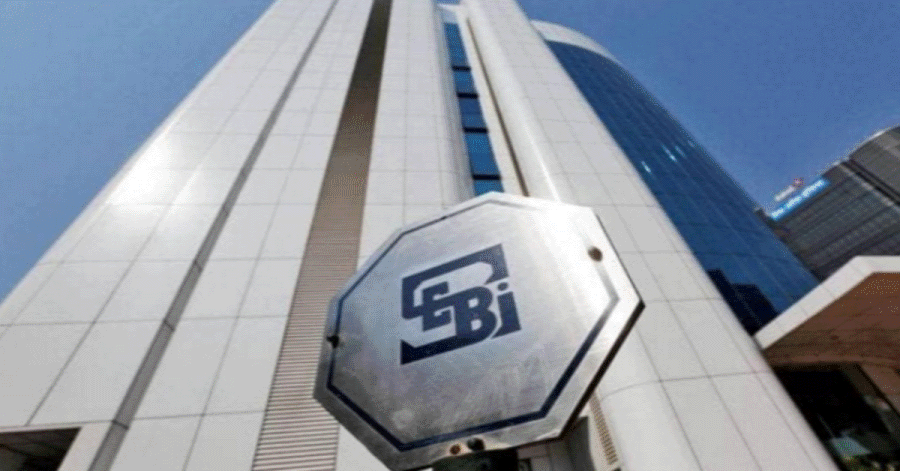The Securities and Exchange Board of India (SEBI) has announced new rules for valuing repurchase (repo) transactions in mutual funds. Starting January 1, 2025, all repo transactions, including those with a tenor of up to 30 days, will be valued using the mark-to-market method. This move aims to bring consistency and transparency to the valuation of debt and money market instruments in mutual funds.
Currently, repo transactions with a tenor of up to 30 days are valued using the cost-plus-accrual method. This means their value is calculated by adding interest accrued to the purchase cost. However, this method can lead to differences in valuation, especially during market fluctuations.
SEBI’s decision to implement mark-to-market valuation seeks to ensure that the valuation of repo transactions is consistent with that of other debt and money market instruments. This change promotes uniformity, providing a consistent valuation framework. It also enhances transparency, giving investors a clearer and more accurate picture of the fund’s holdings. Additionally, the new rules are designed to avoid regulatory loopholes, ensuring fairness across all valuation methods.
Under the new rules, repo transactions will be valued at their market price, similar to other debt securities. Additionally, the prices will be obtained from independent valuation agencies to ensure accuracy and fairness. This change will apply to all repo transactions, except overnight repos.
For mutual fund investors, this change is not expected to affect long-term returns. However, in the short term, the NAV of debt funds may show more frequent fluctuations due to changes in the market value of repo securities.
Despite the potential for short-term volatility, this shift is seen as beneficial for investors in the long run. By reflecting the actual market prices of securities, mutual funds will provide a more transparent and reliable valuation of investments.
Earlier, in June, SEBI allowed mutual funds to invest in repo transactions involving securities like Commercial Papers (CPs) and Certificates of Deposits (CDs). This step was aimed at boosting the corporate bond market. However, mutual funds can only participate in repo agreements involving corporate debt securities with a credit rating of “AA” or higher.
SEBI’s decision to introduce mark-to-market valuation for repo transactions is a major step towards strengthening the mutual fund industry in India. It not only ensures better transparency but also aligns valuation methods across all debt instruments. By adopting this rule, SEBI aims to protect investor interests and enhance the credibility of mutual funds. Investors can expect more accurate valuations, making it easier to understand the real performance of their funds.

